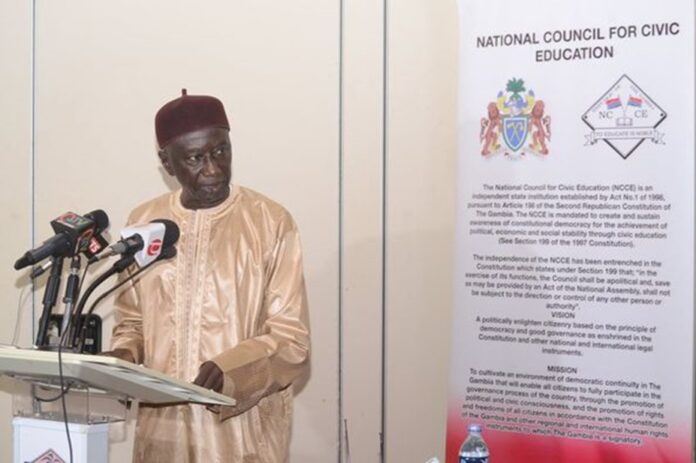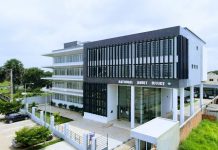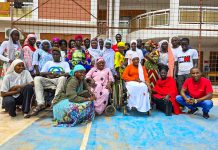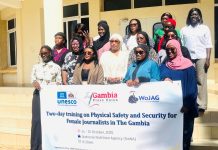By Mustapha Jallow
Alhagie Sering Fye, the Chairman of the National Council for Civil Education (NCCE), has explained how children with disabilities are gripped with the greatest challenges in accessing and benefiting from education in the Gambia.
“Many children with disabilities are denied the opportunity to go to school, face discrimination, and are unable to fully participate in the learning process,” he told stakeholders.
He made this statement during the draft validation of a Training Manual and Guidelines on the Inclusion of Children with Disabilities, a crucial tool that will guide stakeholders in their endeavour.
This manual was meticulously developed through collaborative efforts — bringing together expertise from various stakeholders, including government bodies, non-governmental organizations, and disability organisations among others.
It focused on the development and implementation of a comprehensive training manual and guidelines for the inclusion of children living with disabilities in education.
Fye went on to say that the challenges also include lack of inclusive infrastructure, limited specialized teachers, negative societal attitudes, inadequate data, and limited access to assistive technology.
These challenges, he added, highlight the urgent need for concerted efforts to create an inclusive education system in the country.
“Addressing these barriers, we ensure that all children, regardless of their abilities, have equal opportunities to reach their full potential,” he said.
Fatou Kinteh, the minister for Children, views the process as a collective effort to ensure the full and effective inclusion of children with disabilities in all aspects of life in the country.
“It is our duty, as a society, to remove the barriers and create an environment where every child, regardless of ability, can thrive and reach their full potential,” she remarked.
Minister Kinteh explained the mandate of her ministry, which aims to develop and implement policies that protect the rights of children with disabilities and ensure their integration into all spheres of society.
She also expressed her ministry’s commitment to working closely with all stakeholders to provide the necessary resources, training, and support to make inclusion a reality.
“Our efforts include advocacy, capacity-building, and the creation of inclusive policies and programs that address the specific needs of children with disabilities and their families,” she added.




















